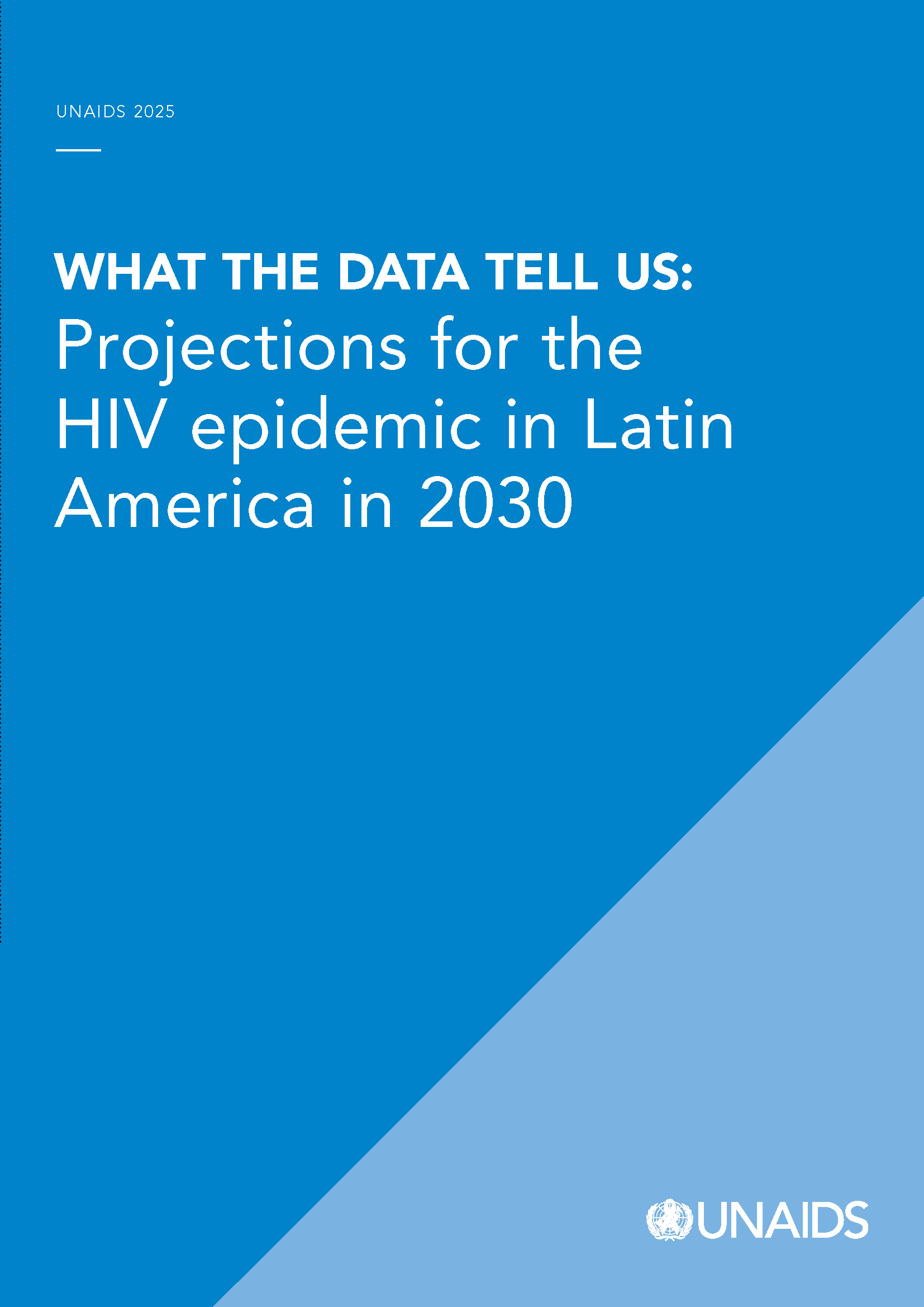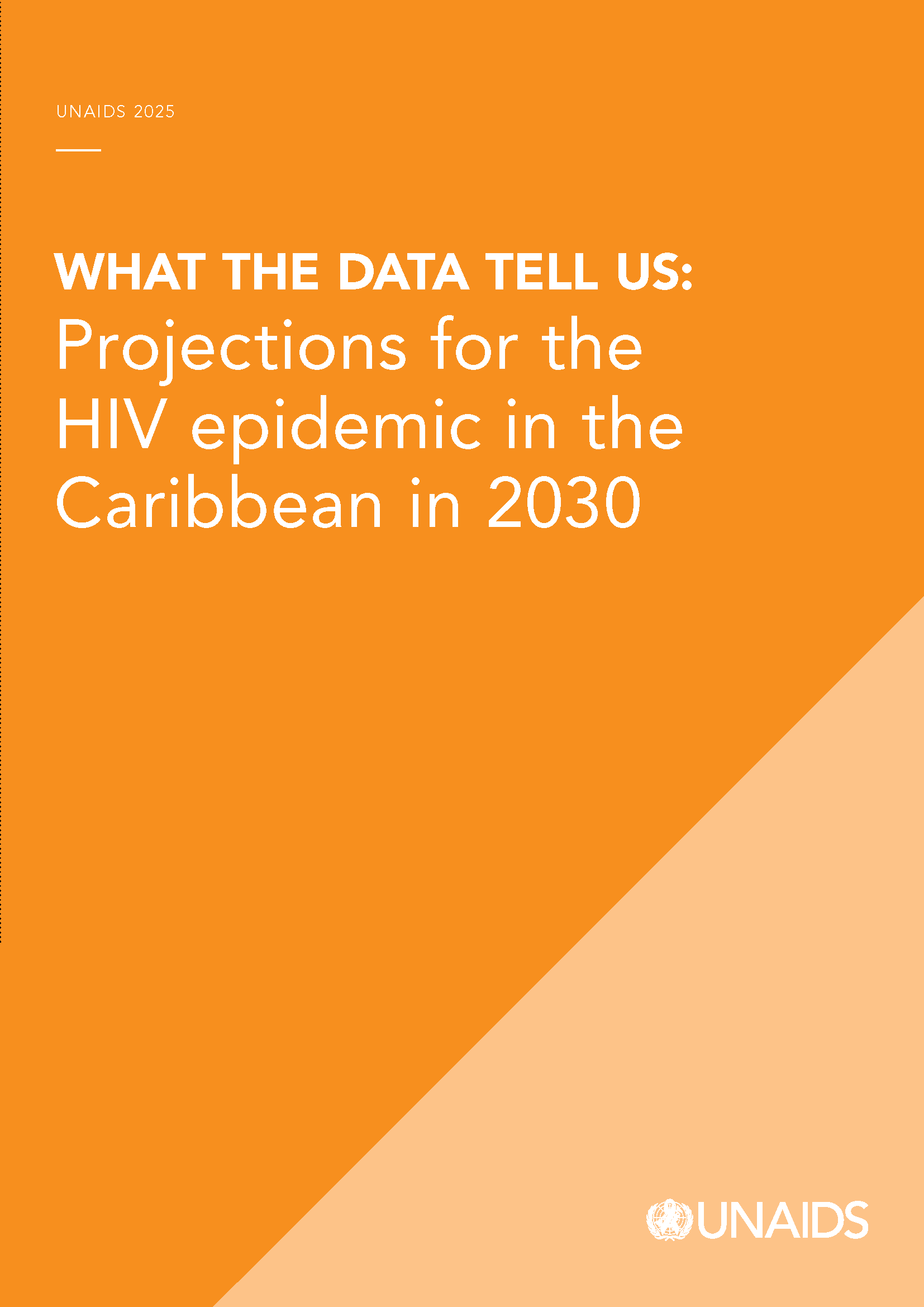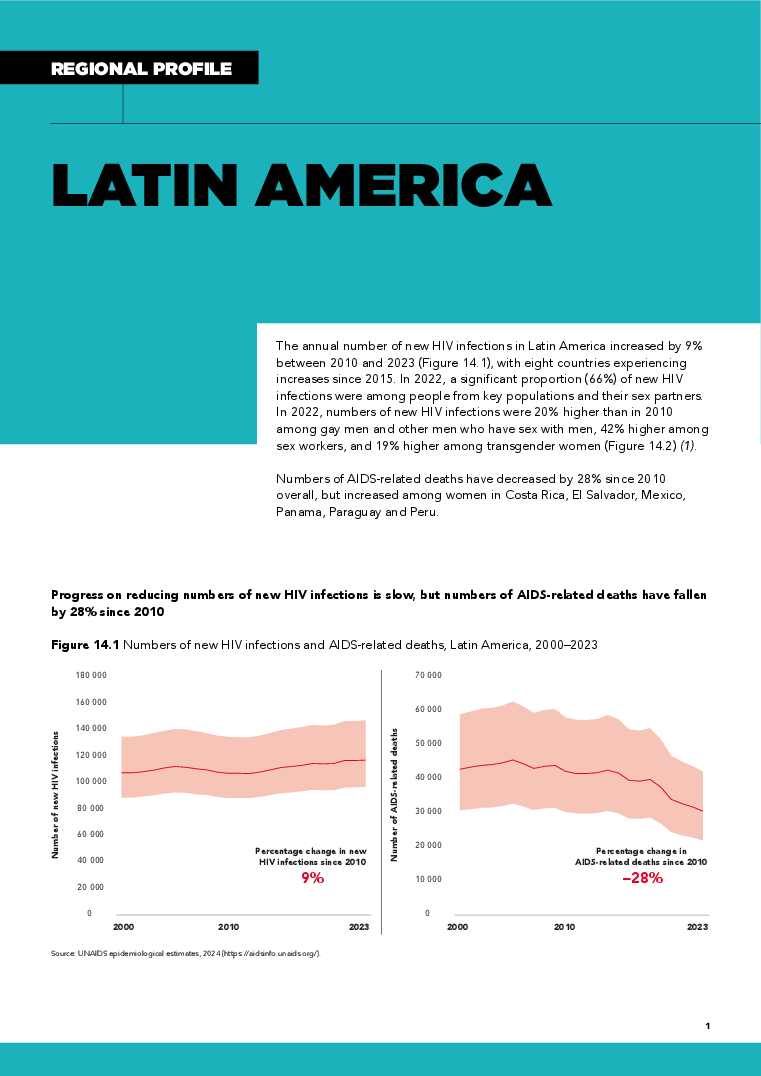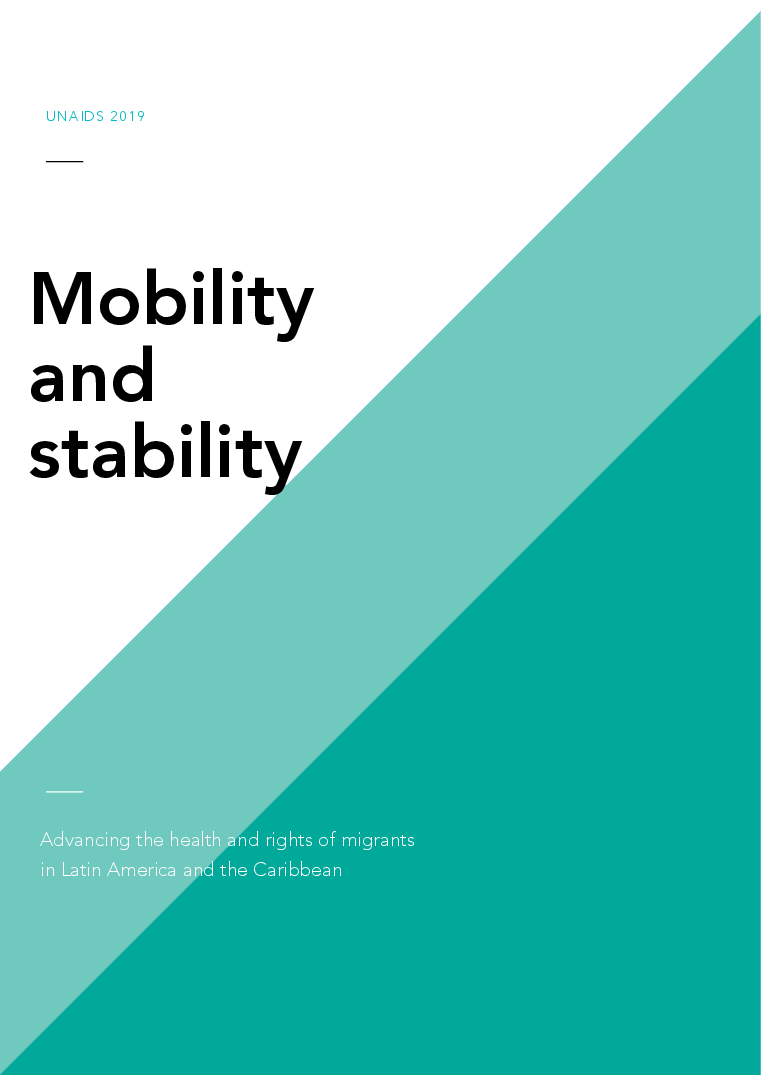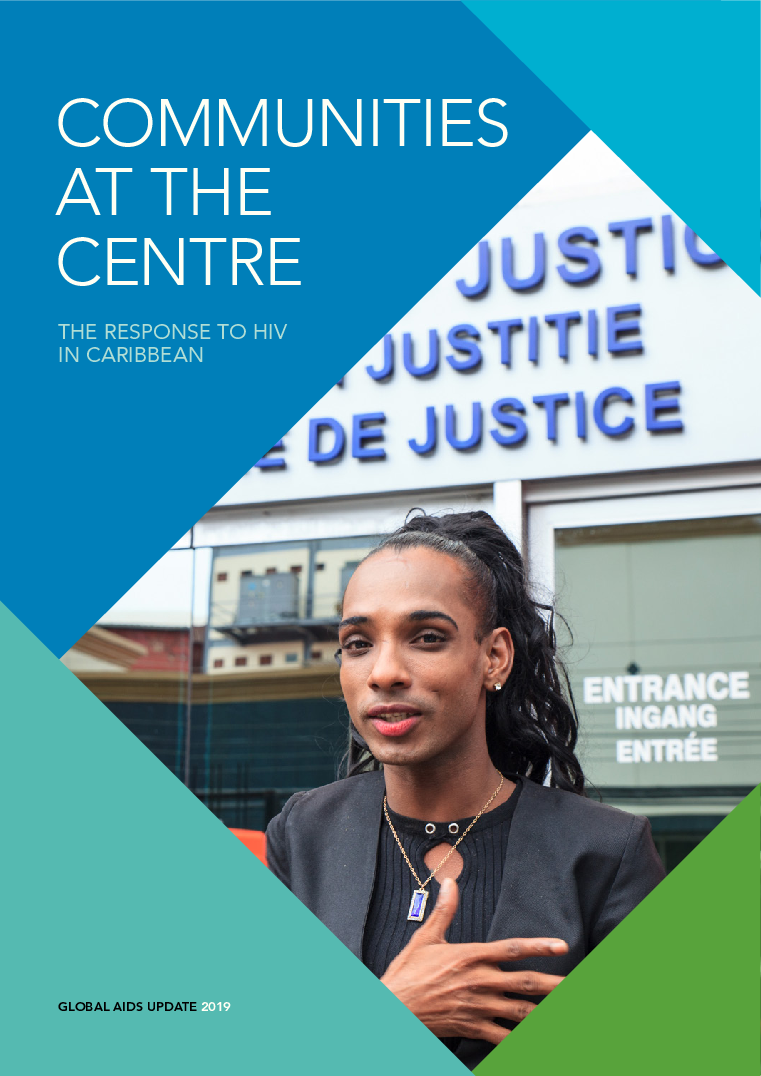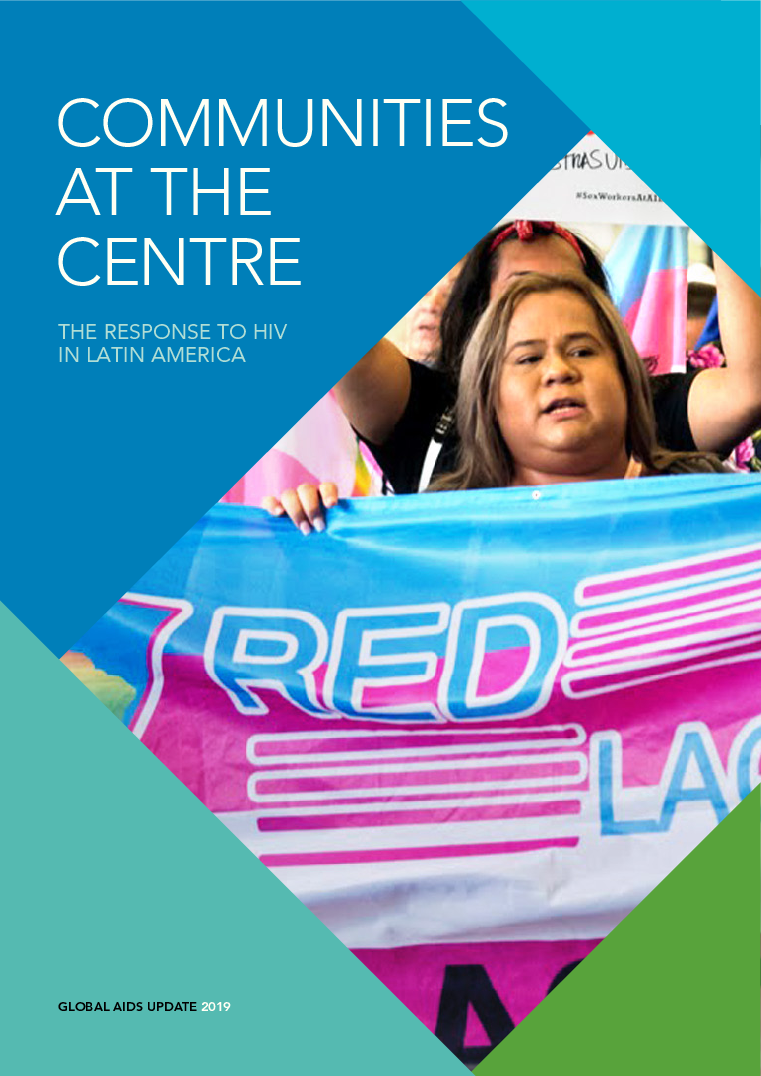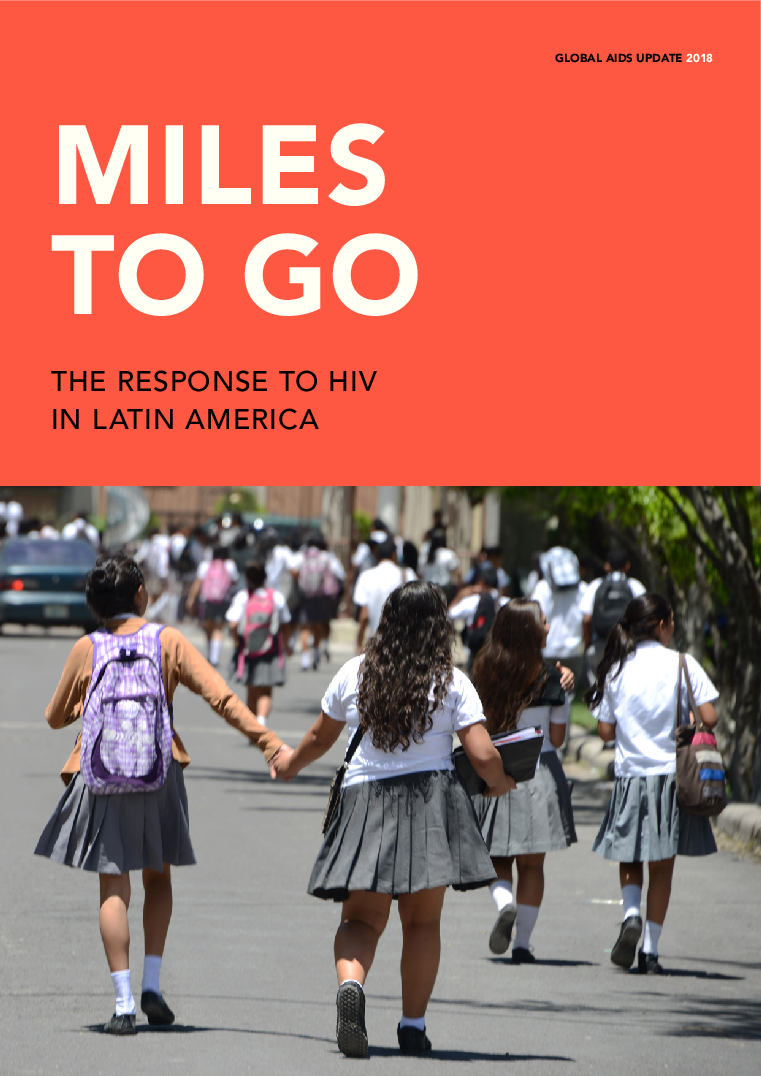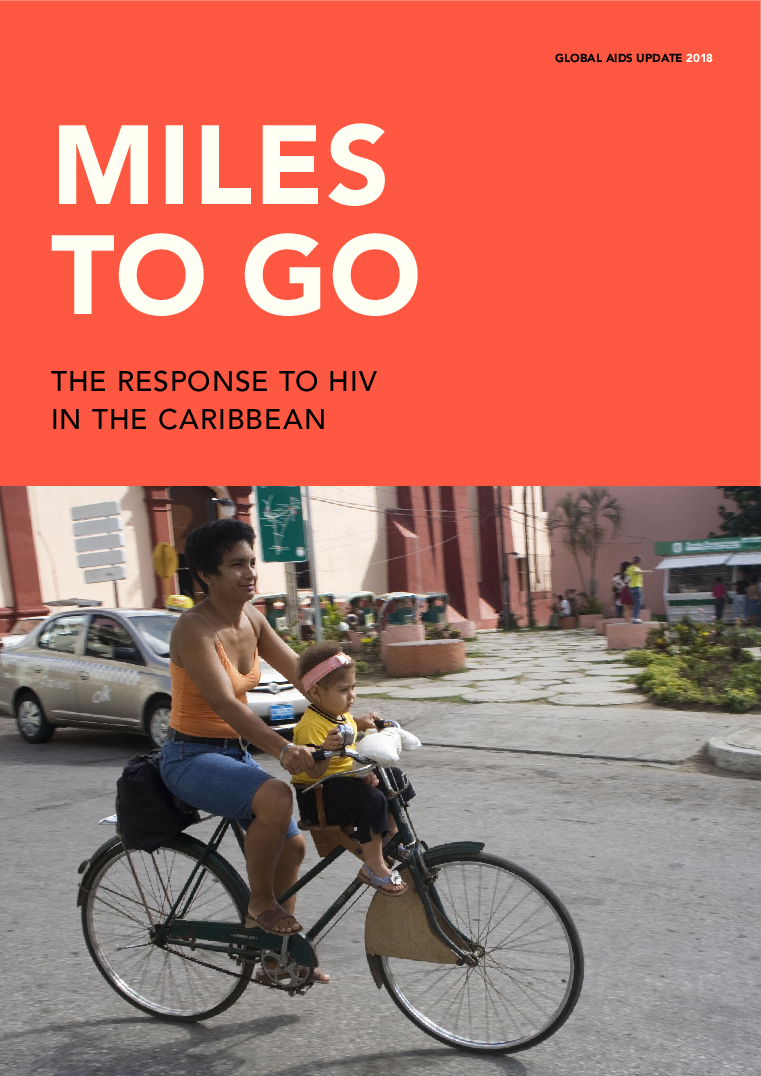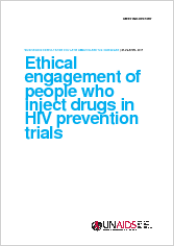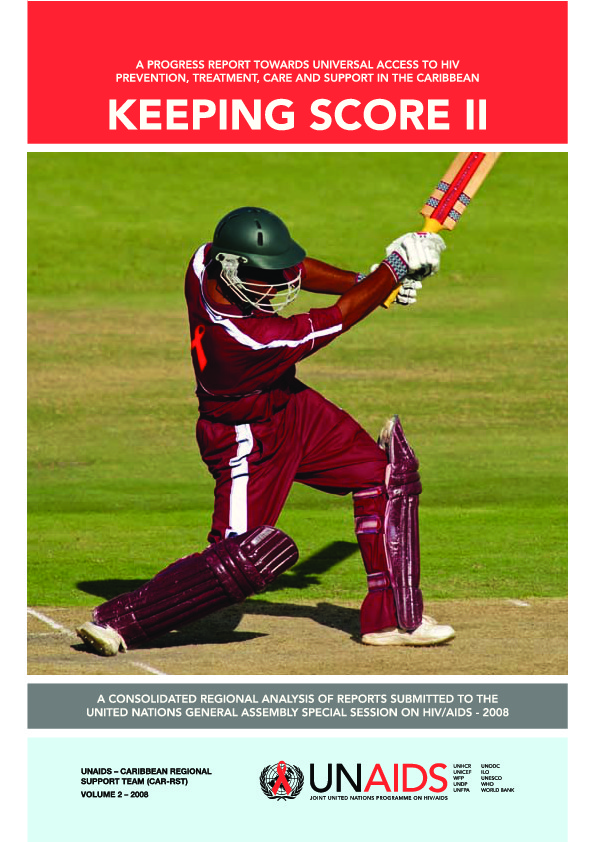
Empowering young women in Cité Soleil: a model for reducing vulnerability to violence in Haiti
In Haiti, the recent funding cuts have had a huge effect on the national HIV response, which was almost 100% funded externally and almost entirely reliant on PEPFAR (which provided about 90% of HIV funding) and the Global Fund (which contributed the remaining 10% of funding). Civil society organizations have been significantly impacted by the funding cuts, particularly those that provide services for people from key, priority and vulnerable populations. This has increased vulnerability to…

Colombian Afro-descendant women are shaping the HIV response in their own terms
In the Caribbean and Pacific coastal regions of Colombia, women represent half of all people diagnosed with HIV, compared with only a fifth at the national level. This gap is tied closely to gender inequality and other structural barriers such as violence and poor access to basic health services, including HIV testing and treatment. In addition, stigma—worsened by racism and sexism—makes it harder for many women to get an education, find work or receive proper medical care, leaving them more…

Impact of US funding cuts on HIV programmes in Guatemala
Impact of US funding cuts on HIV programmes in Guatemala
The impact of the United States foreign assistance pause on the community-led HIV response in Latin America
The impact of the United States foreign assistance pause on the community-led HIV response in Latin America

Comprehensive Update on HIV Programmes in the Dominican Republic
The HIV programmes in the Dominican Republic are currently facing several challenges and disruptions, primarily due to shifts in US funding and political dynamics.
The critical impact of the PEPFAR funding freeze for HIV across Latin America and the Caribbean
The U.S. decision in January to freeze all funding for U.S. foreign assistance, including for the U.S. President's Emergency Plan for AIDS Relief (PEPFAR), has had a critical impact on several countries in Latin America and the Caribbean, exacerbating existing challenges in the HIV response. More than 20 countries in the region rely on these funds to deliver HIV treatment, prevention, and care services, including community-led services focused on the most discriminated and marginalized…

Upholding dignity for everyone: Ariadne Ribeiro Ferreira
Now 43 years old, Ariadne Ribeiro Ferreira, a trans woman working for UNAIDS in Brazil, advocates to leaders and speaks to media around the world. As she is an inspiration to colleagues, many are keen to learn more about Ariadne’s story.

Experts back G20 action to tackle pandemics by addressing the inequalities which drive them and by boosting production of medicines in every region of the world
RIO DE JANEIRO, BRAZIL, 29 October 2024—Today, at a special event organized for the G20 Joint Finance and Health Ministerial, the Brazilian government and experts from the Global Council on Inequality, AIDS and Pandemics backed calls for efforts to break the “inequality-pandemic cycle” that is fueling continued disease emergencies. Two crucial measures could enable the world to tackle current and future pandemics.
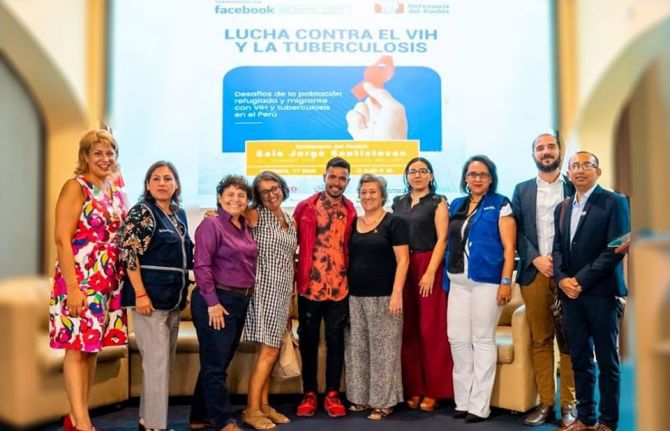
Peru approves groundbreaking law to extend health coverage for migrants with HIV and TB
In a milestone decision, the Peruvian Congress has passed legislation that extends temporary health insurance coverage to migrants diagnosed with HIV and tuberculosis (TB). This law allows non-resident foreigners to access healthcare services through the public health insurance system (known by the Spanish acronym SIS) while they complete their immigration processes.

UNAIDS commends Mexico's ban on conversion therapy
UNAIDS has applauded the decision by Mexico to ban the practice of so-called "conversion therapy".

